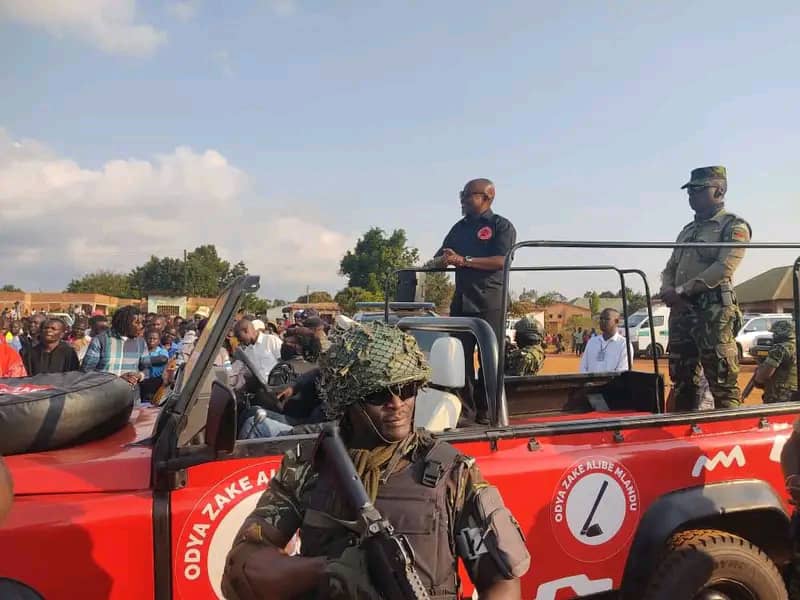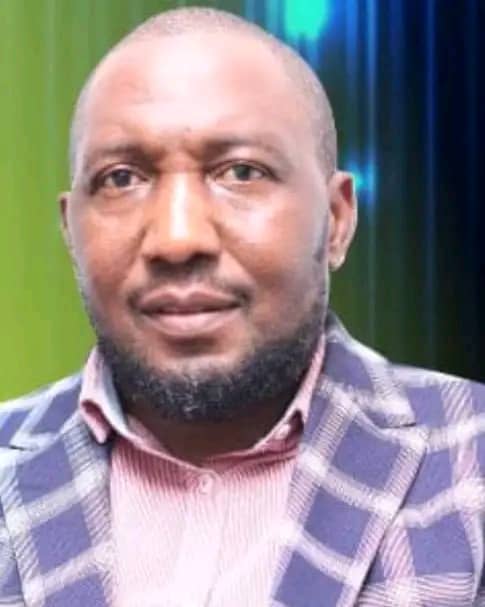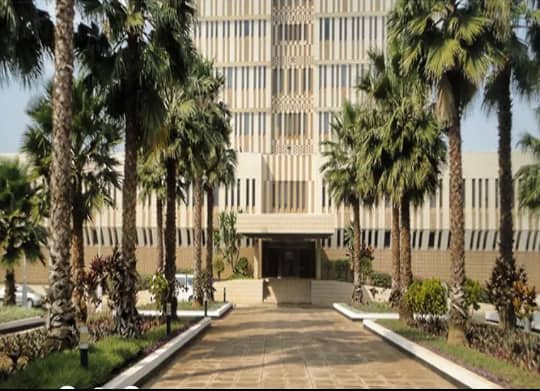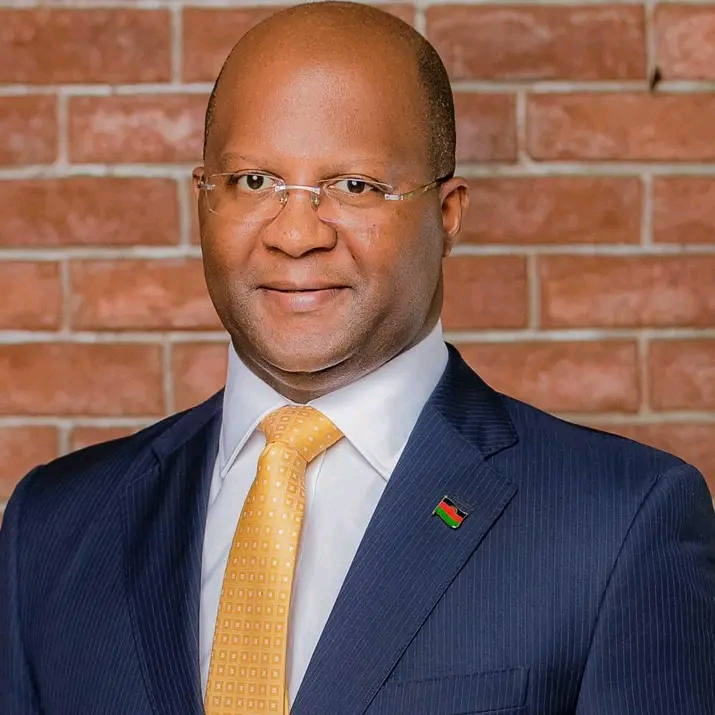By Burnett Munthali
Richard Mwanza, a block leader in Mzuzu, has appealed to Malawi’s Vice President, Dr Michael Usi, to ensure that government begins providing allowances to block leaders across the country.
Speaking during Dr Usi’s interaction with residents in the Kavibale area of Mzuzu city, Mwanza explained that block leaders play a critical role in community governance but receive no financial support for their work.
He emphasized that block leaders are the only local leaders who are democratically elected by residents, yet their contribution often goes unrecognized in terms of remuneration.
“We take care of vulnerable individuals who have nowhere to go while waiting for police assistance. We even feed such people despite the fact that we do not receive any form of payment,” Mwanza said.
His remarks highlight the silent burden shouldered by community leaders who provide safety nets for vulnerable citizens without government resources or logistical support.
Mwanza’s call for allowances comes amid growing discussions about local governance structures in Malawi, where roles such as block leaders, community policing coordinators, and ward leaders remain largely voluntary despite their significant responsibilities.
The Vice President, who was in Kavibale as part of his engagement tour, listened to the concerns as community members raised various issues, including security, unemployment, and the need for better coordination between local leaders and government authorities.
The appeal for financial support to block leaders is expected to spark debate on how Malawi balances community-level leadership roles with sustainable public spending.
Currently, most block leaders operate without formal benefits, even though they are often the first point of contact for social crises such as gender-based violence, petty crime, and homelessness.
As calls for decentralization and improved service delivery intensify, Mwanza’s statement underscores a broader challenge: ensuring that those who maintain social order and community cohesion are adequately supported.
Whether government will take steps to institutionalize financial support for block leaders remains to be seen, but the discussion has now been brought into the national spotlight through Dr Usi’s public engagement.




